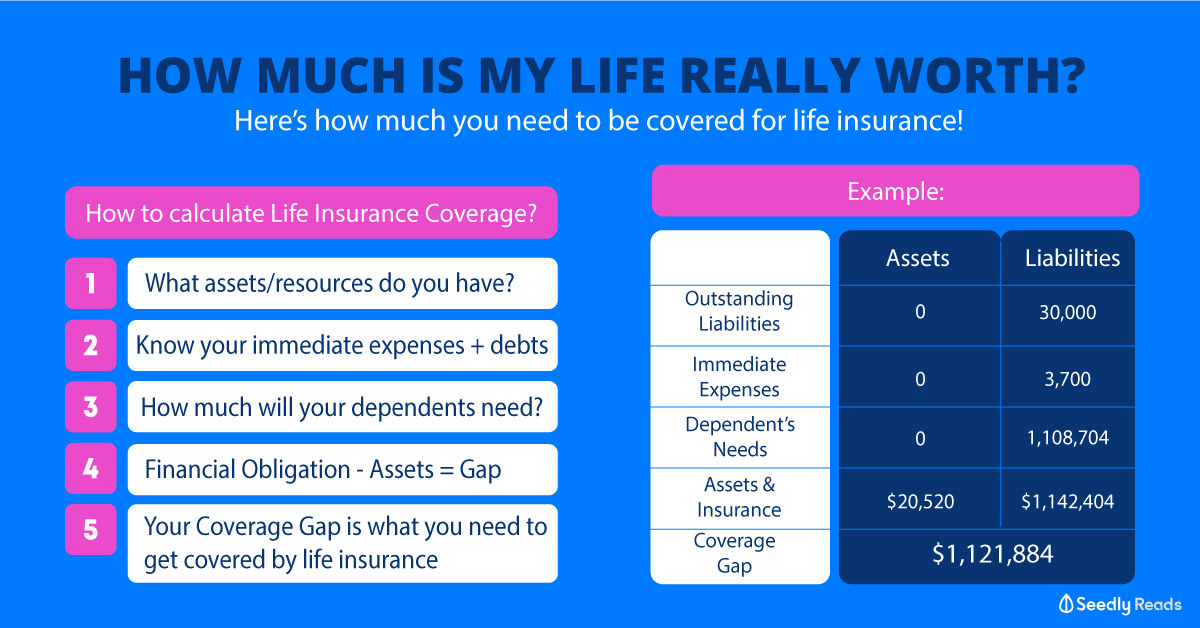Advertisement
Anonymous
Apart from a whole life plan, what else should I need to be well-covered - health, critical illness or personal accident? Or all 3?
4
Discussion (4)
Learn how to style your text
Elijah Lee
06 Aug 2020
Senior Financial Services Manager at Phillip Securities (Jurong East)
Reply
Save
PolicyPal
03 Aug 2020
Official Account at PolicyPal
Aside from Life Insurance, you should ensure the basics such as hospitalisation and critical illness plans are in place. These would cover you from the hefty medical fees in the unfortunate event that you encounter a medical emergency.
Some good health insurances you can consider are AXA Shield by AXA (only insurer with outpatient and PA benefits embedded into the cash rider) or the Great SupremeHealth by Great Eastern. To ensure you are well covered, you can add on riders for Critical Illnesses.
After ensuring you are well covered for Life, Health and Criticla Illnesses, you should then consider Personal Accident Insurance.
Do check out Life Stage , where you can examine your coverage and check for coverage shortfall in just 5 mins.
Reply
Save
Pang Zhe Liang
29 Jul 2020
Lead of Research & Solutions at Havend Pte Ltd
As a start, the first priority should always be healthcare. The reason is simple - medical inflation...
Read 2 other comments with a Seedly account
You will also enjoy exclusive benefits and get access to members only features.
Sign up or login with an email here
Write your thoughts
Related Articles
Related Posts
Related Products

Income IncomeShield Integrated Shield Plan
4.4
306 Reviews
NTUC Income IncomeShield Integrated Shield Plan Preferred
$1,500,000
LIMIT PER POLICY YEAR
180 / 365 days
PRE & POST HOSPITAL
As Charged
OUTPATIENT BENEFITS
Private Hospital
WARD ENTITLEMENT

Manulife ReadyProtect Personal Accident
4.7
69 Reviews

Raffles Shield Integrated Shield Plan
4.5
83 Reviews
Related Posts
Advertisement








Hi anon,
I think what is more important is the type of coverage you need, and not what type of plan (term vs WL, for example). I do not know your profile, but if you are working or about to start work, you will have to look at these (and this is generally in order of priority):
Hospitalization plan. This covers any hospital bills and associated pre/post hospitalization costs. This would be from an integrated shield plan, with a rider to take care of the deductible/co-insurance. Depending on your budget, you can take a private hospital plan and downgrade later, or just go for Goverment A ward.
Critical Illness coverage. This provides a sum of money for you to cover your expenses and other out of pocket costs should you fall critically ill and are not able to work. Usually recommended to cover at least 5 years of expenses and an additional sum to cover out of pocket. This is usually via a limited payment life plan, or a term plan, depending on your budget/needs. There are also multi pay plans available, but those are term plans.
Death coverage. This provides a lump sum of money should something happen to you. Not mandatory if you have no dependents or liabilities. Usually takes the form of a term plan. For the coverage amount, you could use a multiple such as 10 x of your current income, or calculate based on your current liabilities.
Personal Accident. For the minor stuff like TCM claims, etc.
Generally, you should not have to spend more than 10% of your income on coverage. I would say the first two are a must if you are working. The third is not strictly necessary unless you have liabilities or depedents.
You can work with an independent financial advisor who can provide multiple options and explain in detail what you will need to know about the types of insurance as well as the options from various insurers before you come to a decision, especially with respect to cost effectiveness as well as the minor differences between the plans.
You will want to be comfortable to share your fiinancial details with your advisor as that will be important for the advisor to consider your current situation before suggesting suitable solutions.